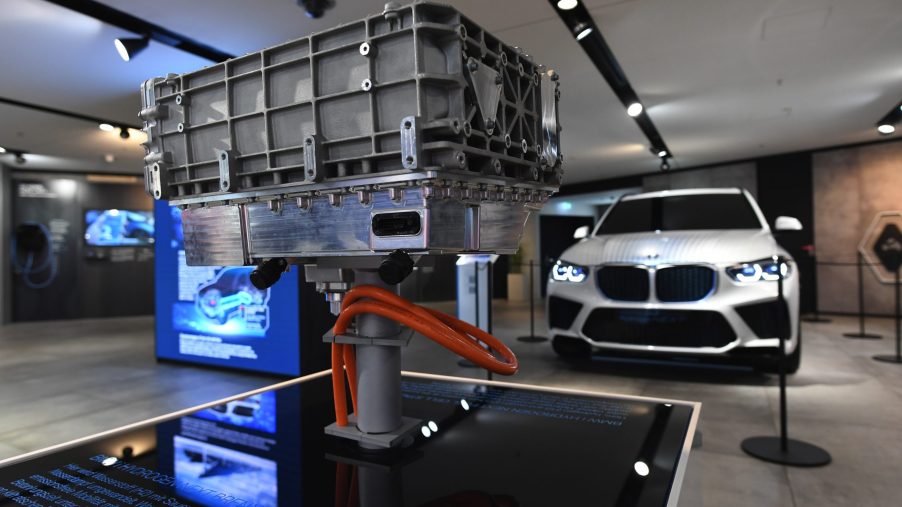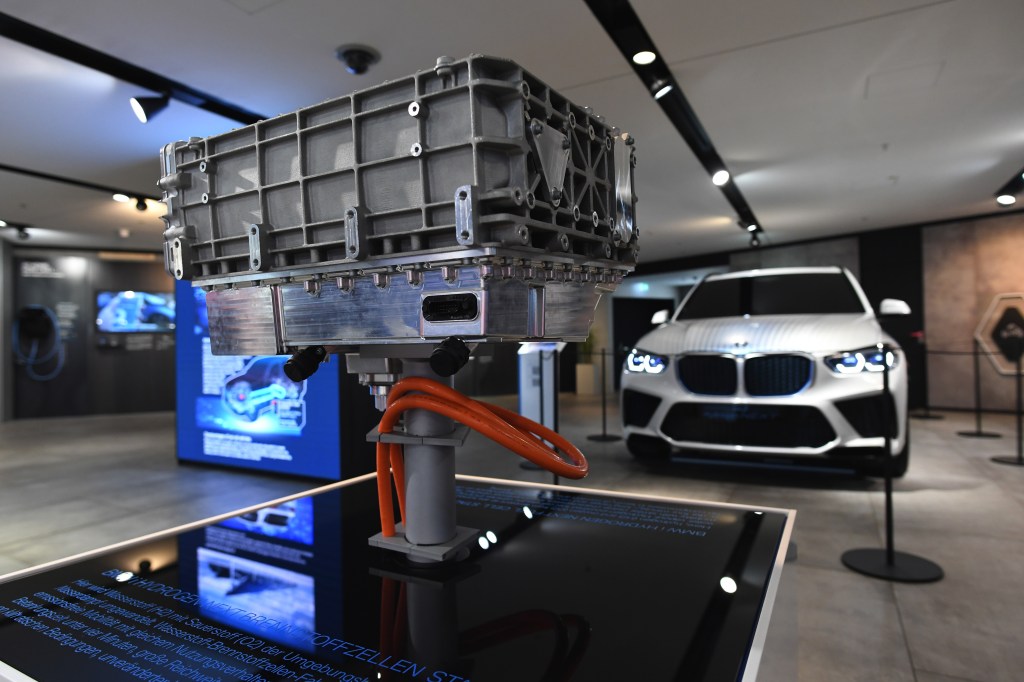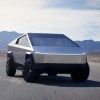
BMW Begins Testing of Hydrogen Fuel Cells for Daily Drivers
With a big push by many manufacturers to become sustainable, it appears evident that internal combustion engines have the potential to be phased out entirely. While electric seems like the obvious option, many manufacturers are taking steps forward to giving buyers and the market more options that balance sustainability with people’s resistance to buying electric vehicles. It seems like every day, more and more major manufacturers are working on producing and testing hydrogen options as an efficient alternative fuel source, and BMW has recently begun to test the option not only on higher-end flagship vehicles but the more standard daily-driven commuter car.
Testing hydrogen fuel in everyday scenarios

While some vehicle owners have a weekend car, a majority of American households focus on owning vehicles that can be driven on a somewhat daily basis. This means that any new fuel source with its salt has to stand up to the tests and trials of daily driving, and regular road conditions. While supercar and hypercar manufacturers test their latest tech on controlled courses, every day driving is far less controlled. So, to truly test how hydrogen fuel cells will work for the majority of the market, it is important for testers such as BMW to see how these systems will work in everyday driving.
Is there potential for alternative energy in the larger automotive market?
When it comes to purchasing and maintaining vehicles, many buyers like to stick to what they know, but the sharp rise in popularity and increasing market of electric and hybrid vehicles show that the general market is eager for a change. Of course, internal combustion engine enthusiasts might not agree, but there are many benefits to owning a vehicle powered by alternative energy sources, and according to BMW’s testing, hydrogen is worth looking into.
Rather than testing hydrogen engines, BMW is focused on how hydrogen fuel cells can be used to effectively supplement battery-electric vehicles, plug-in hybrids, and even internal combustion engines. Testing the hydrogen fuel cells in everyday driving conditions allows BMW to measure reliability, safety, and convenience, and allows the brand to fine-tune their new flagship hydrogen car, the BMW i Hydrogen NEXT.
What is the BMW i Hydrogen NEXT?
The BMW i Hydrogen NEXT will be the manufacturer’s entry for flagship hydrogen-supplemented electric vehicles. The drivetrain, fueled by the hydrogen fuel cell, is reported by BMW to be low emission and CO2-free, which matches what we have been seeing from BMW in the past few years as they have worked on becoming more sustainable all around, from the vehicles they produce to the way they source their most important materials.
The BMW i Hydrogen NEXT isn’t just a vehicle, it is a large step forward for the manufacturer that may set the trend for future vehicle development. In this way, it is part future, part experiment, where only time will tell how the consumer base will really feel about hydrogen-focused cars, and if they will prove to be truly reliable and efficient vehicles.
“We are convinced that various alternative powertrain systems will exist alongside one another in future, as there is no single solution that addresses the full spectrum of customers’ mobility requirements worldwide. The hydrogen fuel cell technology could quite feasibly become the fourth pillar of our powertrain portfolio in the long term.”
Klaus Fröhlich, Member of the Board of Management of BMW AG, Research and Development


